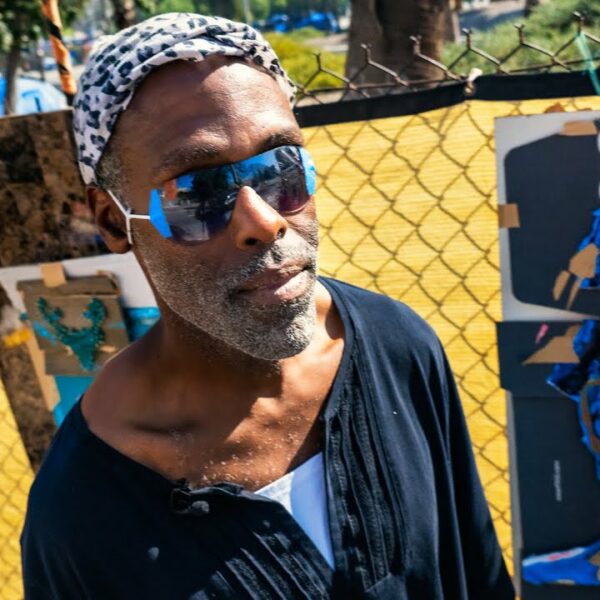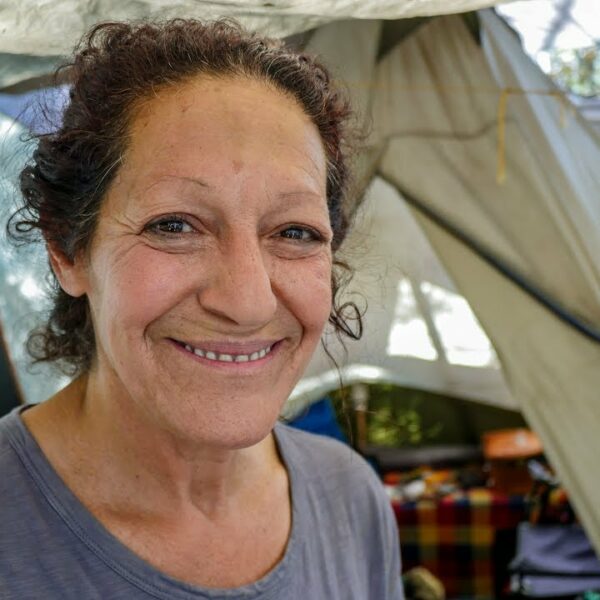Boulder, Colorado’s so-called “blanket ban” ordinance has caused a rift between a local homeless service nonprofit and the ACLU of Colorado over whether the city should pursue a housing-first or treatment-first approach to homelessness.
Jennifer Livovich and a nonprofit organization she helped start called Feet Forward initially joined the ACLU in a lawsuit seeking to overturn Boulder’s blanket ban in 2022. The law prohibits people from using “any cover or protection from the elements other than clothing,” according to the text.
The lawsuit is also one of several nationwide that ask the courts to decide whether a city can punish someone for sleeping outside when adequate shelter is not available.
However, Livovich became concerned in May 2023 that the ACLU was not putting enough emphasis on providing treatment options to unhoused folks dealing with substance abuse issues, the New York Times reported. The case is scheduled to go to trial in August 2024.
After Livovich personally withdrew from the lawsuit, she asked the Feet Forward board of directors to do the same. But they refused, causing Livovich to resign from the organization she founded. In turn, Livovich accused the ACLU of hijacking her nonprofit for the lawsuit.
“There is a growing subset struggling with addiction, and I have a hard time just giving them an apartment,” Livovich said. “That’s not going to solve their problems.”
Livovich added that she is not “anti-housing first” but wants to ensure there is a greater emphasis on providing treatment to those who need it.
“Every dollar not spent on treatment is a dollar wasted,” she said.
The ACLU has argued that they are only concerned with the constitutionality of the blanket ban and are not looking at the lawsuit through the lens of “what is happening on the street,” the Times reported.
“Our focus is to protect the constitutional rights of the plaintiffs we still represent in this case and continue our efforts to end the criminalization of people who are unhoused in Boulder,” ACLU of Colorado Legal Director Tim Macdonald said.
The rift between Feet Forward and the ACLU of Colorado also illustrates the divide between advocates about how to solve homelessness.
Some advocates support a housing-first approach, meaning a homeless person is given housing before being asked to participate in other treatment programs. Others support what’s known as the treatment-first model, or one that requires a homeless person to enter a treatment program before they are offered housing options.
A study by the National Low Income Housing Coalition in February 2023 described housing-first models as “the most effective approach to ending homelessness” because they can be molded to fit individual circumstances.
On the other hand, the same study said treatment-first models often fall short because they are a “one-size-fits-all” approach that creates barriers to housing.
“Housing is a basic human right, and evidence indicates that prioritizing housing leads to improved housing stability and other positive outcomes,” the study concluded.
There are several successful housing-first programs, such as Denver’s Social Impact Bond program. The program raised roughly $8 million from private donors to provide 363 individuals with housing and other services. More than 81% of participants stayed housed for at least one year, while 77% were housed for three years or more, according to the Urban Institute.
But other organizations like the Heritage Foundation and the Manhattan Institute push for a treatment-first approach to ending homelessness. They argue that housing-first approaches are not good at addressing behavioral health issues or providing support for people who have serious mental illnesses.
Housing First advocates argue that behavioral health and mental health issues can’t be adequately addressed if someone doesn’t have a stable place to live. These two issues are usually symptoms of underlying trauma that need to be addressed. Treatment won’t be effective if someone must sleep on the streets.
To Livovich, the debate between housing-first and treatment-first misses the point altogether.
Both policies can create barriers to treatment, she said, and that has caused issues in her own life. Boulder has few long-term clinical options, and that caused Livovich to struggle to find treatment after she relapsed following four years of sobriety from alcohol.
Livovich said the stress from the lawsuit was one of the factors that drove her to drink again. She started drinking in August but got cleaned up relatively quickly. Then, she had another drinking spell before Thanksgiving and wound up in the emergency room. One of the physicians had to pull some strings to get her into treatment, she said.
“Look at how difficult it has been for me to get treatment, and I’m relatively well connected,” Livovich added. “Imagine what it looks like for somebody who knows nobody but other guys getting high in the park.”
How You Can Help
Now is not the time to be silent about homelessness in Colorado or anywhere else. Unhoused people deserve safe and sanitary housing just as much as those who can afford rent or mortgage.
Poverty and homelessness are both policy choices, not personal failures. That’s why we need you to contact your officials and tell them you support legislation that:
- Streamlines the development of affordable housing
- Reduces barriers for people experiencing homelessness to enter permanent housing
- Bolsters government response to homelessness
Together, we can end homelessness.













